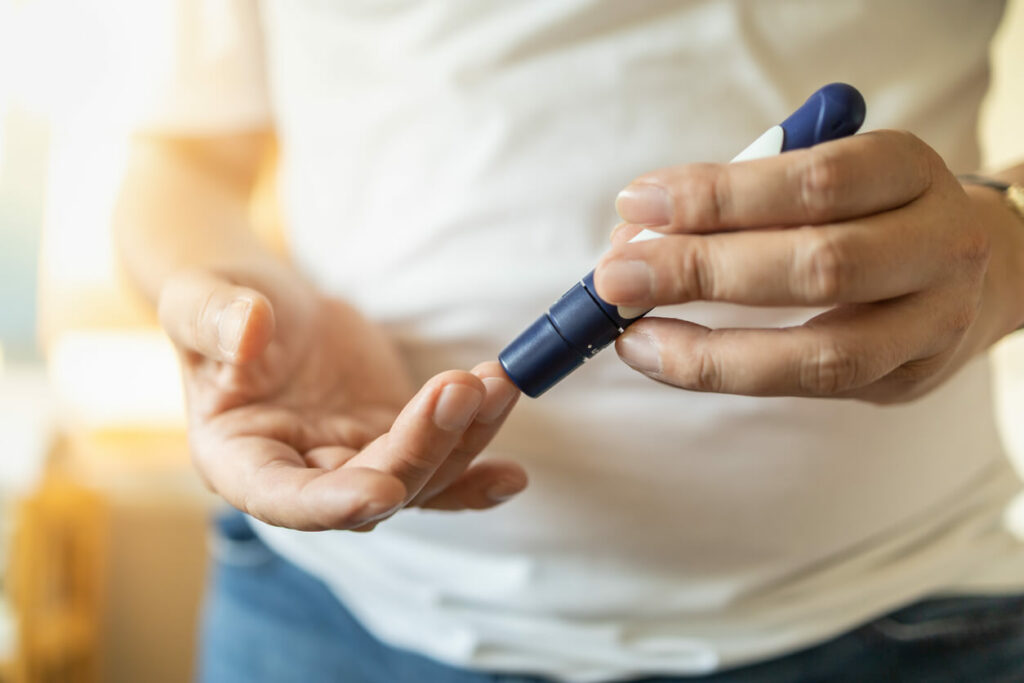Diabetes is a disease that causes the blood to have more than necessary sugar. Cannabis, which is also known as marijuana, is a drug that can be used both for enjoyment and as a part of treatment. Now you might be wondering what cannabis has to do with diabetes. When it comes to taking CBD in any form, many people assume that there are only recreational and mental benefits of doing it. However, it is indeed not the case as it will be explained in this article.
People have been using cannabis for treating their medical conditions, such as depression, social anxiety, and post-traumatic stress disorder, for a long time now. It has also been debated that marijuana may assist people in getting rid of their chronic pain, addictions, and epilepsy. However, the talks about whether taking marijuana has any positive effects on the human body are quite prevalent these days.
The relationship between Diabetes and Cannabis
Diabetes treatment can be quite expensive. Adding more to the trouble is the fact that the patients of this disease have to put a lot of effort into maintaining their blood-glucose levels and controlling the resulting symptoms. Accordingly, there is a great requirement for conducting more research and allocating more resources for determining better ways of coping with this chronic disease. If the relationship between cannabis usage and diabetes treatment is confirmed, it will be a great hallmark for both the recreational drugs and the medical field.
Now, we discuss the actual impact of CBD usage on diabetes. According to cannabisMD, cannabis intake may assist with the stabilization of blood-sugars, prevention of nerve-inflammation and maintenance of blood pressure. Research conducted by The Diabetes Council also speaks in favor of this relationship, as it found that marijuana usage can result in reducing the frequency of the disease for people suffering from diabetes type-1. Moreover, there is a lesser need for insulin because of the THC enzyme, present in cannabis.
In terms of the risk of developing diabetes, a study of BMJ Open states that one is 58% less probable to develop the disease through cannabis usage. Individuals that have type-2 diabetes can have controlled endocannabinoid and less insulin resistance — all thanks to cannabis.
The National Centre for Biotechnology Information specifically conducted a study that examined the relationship between cannabis and diabetes mellitus. The research, which was basically a meta-analysis, involved eight independent replication samples. The results of this study were in accordance with such previous researches, as it found that the occurrence of type-2 diabetes mellitus is reduced by active cannabis intake. Nevertheless, the legitimacy of the research could be questioned because of the small sample-size.
In another cross-sectional research of the National Health and Nutrition Examination Survey (NHANES) III, which involved 10,896 adults, the results were in support of the relationship between marijuana usage and lower chances of developing diabetes. This study is of significance as it had participation from non-marijuana users, people who have smoked marijuana in the past and heavy and light current marijuana users.
However, it is unrealistic to think that researches are always going to yield positive relationships between cannabis intake and diabetes prevention. There are also a few studies that have rejected the idea that marijuana has anything to do with diabetes. One such large-scale study is published in the Journal of Diabetes Research, which states that diabetes is not affected by cannabis usage in any way.
It is also important to consider the real-life experiences that people with diabetes had with cannabis intake. In an article of Healthline, a number of people say that they have noticed the effects of marijuana usage on their diabetes. One of them is a 36-year-old man, who says that he didn’t notice the impact of marijuana on his diabetes until he left smoking it. It was soon afterward that he had to go back to cannabis usage as he considered it to contribute to the regulation of the blood glucose numbers.
Despite all the benefits of marijuana intake, it is also accompanied by some side-effects especially for people who tend to smoke it, so companies now tend to eliminate smoking and try to produce CBD oils or capsules.
Conclusion:
Ultimately, cannabis can be a great help for people who take it for either recreational or medical purposes. For someone who’s been taking marijuana for quite some time, it just becomes like an ordinary thing and its benefits are often ignored. Therefore, it is necessary to conduct further research on cannabis in the medical context. More specifically, the relationship between cannabis usage and diabetes needs to be further investigated in hopes of establishing it as a new method for treating and preventing diabetes.
Kristina Shafarenko is a relationship and health and wellness psychologist and a part-time freelance lifestyle writer covering health and fitness, sex, sexual wellness, and relationships. When she’s not writing, you can find her planning her next getaway, taste-testing every coffee spot in sight, and lounging at home with her cat, Buddy.
- Can Cannabis Treat, Or Even Prevent Diabetes? - March 7, 2023











